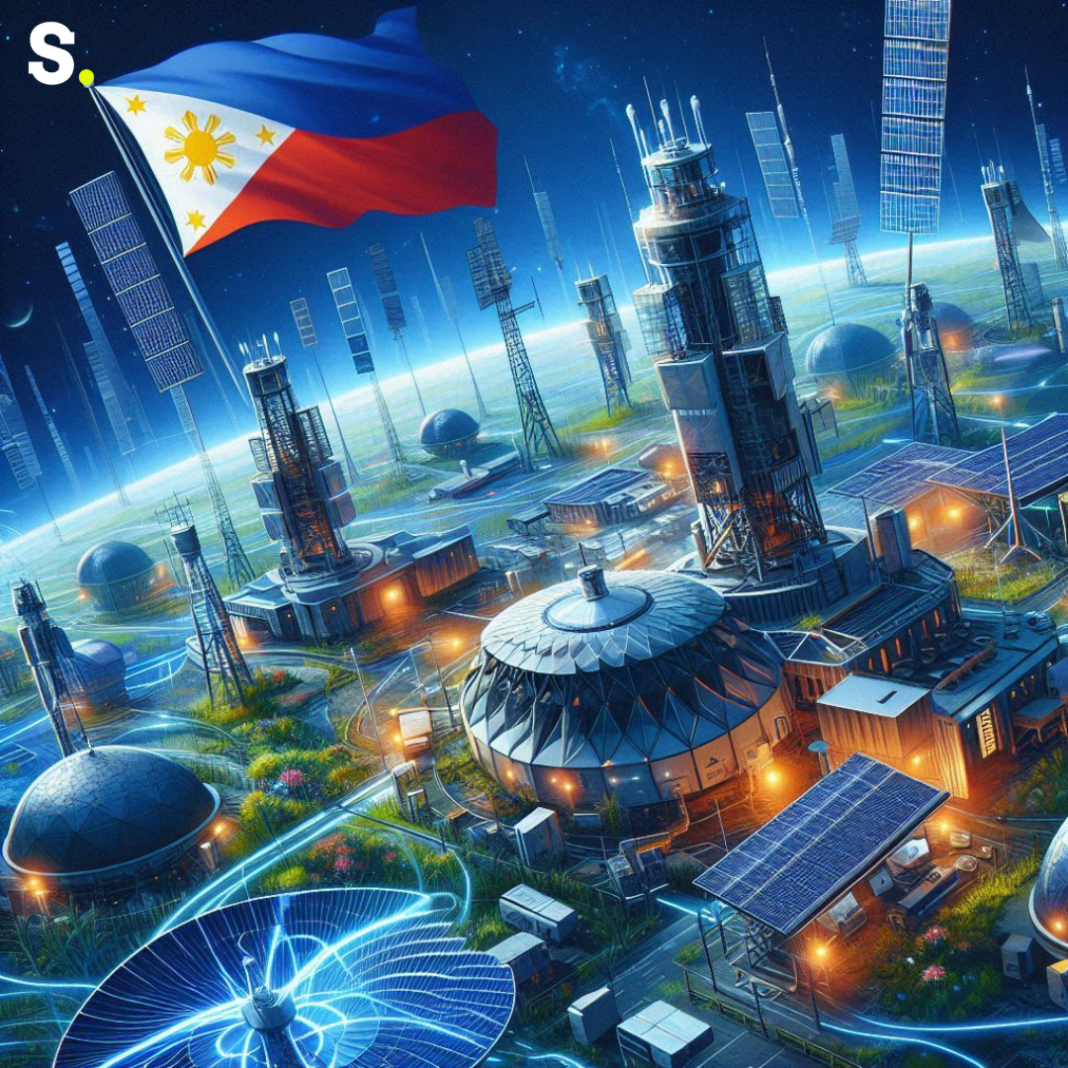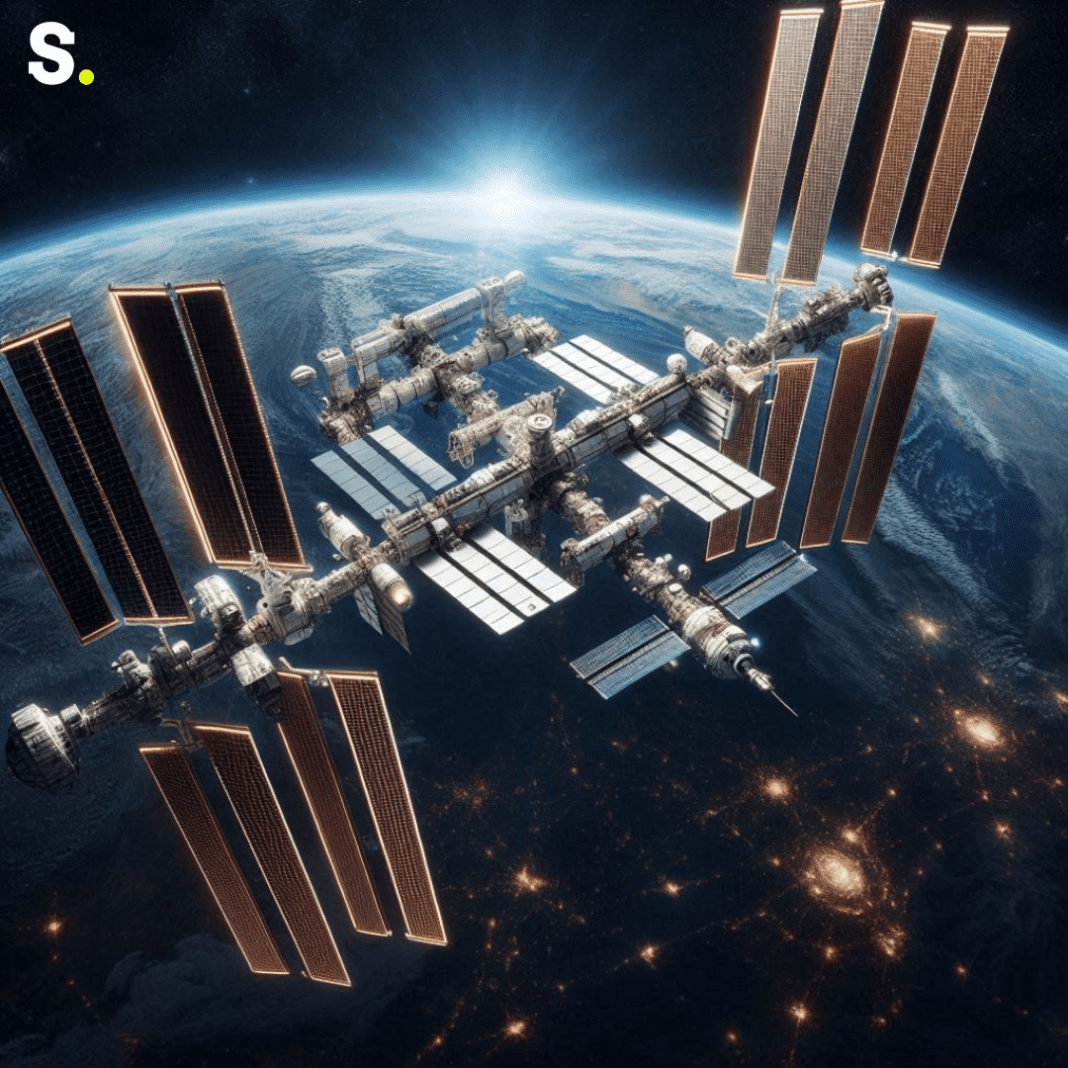The Philippines is making significant strides in the realm of space technology, focusing on innovation, investment, and collaboration. The country’s space program, under the leadership of the Philippine Space Agency (PhilSA), is rapidly evolving. Since its establishment in 2019, PhilSA has been dedicated to advancing the nation’s space capabilities, including satellite development, space research, and technology utilisation.
One of the notable advancements is the Diwata microsatellite series. Developed in collaboration with Japan, Diwata-1 and Diwata-2 have been pivotal in monitoring environmental changes, disaster management, and agricultural productivity. These microsatellites provide high-resolution images, aiding in the assessment of natural resources and land use. Their success underscores the potential of the Philippines to develop and utilize its own space technology effectively.
Investment in space technology is also on the rise. The government allocated substantial funds to PhilSA to boost research and development, infrastructure, and international partnerships. Additionally, private sector involvement is growing, with companies like Advanced Technology Applications (AdTech) contributing to satellite manufacturing and related technologies. These investments are crucial for sustaining the momentum and achieving long-term goals in the space sector.
Education and Capacity Building
Building a robust space technology sector requires a strong foundation in education and capacity building. The Philippines is addressing this need by fostering a new generation of scientists, engineers, and researchers. Universities and research institutions are offering specialized programs in space science and engineering, equipping students with the knowledge and skills required for the industry.
Epic Space Race Showdown: How the Cold War Fueled Space Exploration
PhilSA has also initiated various outreach and education programs to inspire young minds and create awareness about space technology. The Space Science and Technology Proliferation through University Partnerships (STeP-UP) program aims to enhance the capabilities of local universities in space science education and research. Through these initiatives, students are exposed to hands-on training, internships, and collaborative projects with international space agencies.
Moreover, partnerships with global space agencies like NASA and the Japan Aerospace Exploration Agency (JAXA) provide opportunities for knowledge exchange and capacity building. These collaborations enable Filipino scientists and engineers to work on international missions, gaining valuable experience and contributing to global space endeavors.
Space Collaboration: Advancing Tech Through Partnerships
Future Prospects and Challenges
The future of space technology in the Philippines looks promising, with ambitious plans and projects on the horizon. PhilSA’s roadmap includes the development of more advanced satellites, participation in international space missions, and the establishment of ground infrastructure for satellite operations. The goal is to harness space technology for national development, addressing issues like disaster management, environmental monitoring, and communication.
One of the upcoming projects is the Multi-mission Modular Microsatellite (M3Sat), designed to enhance the country’s capability in space-borne remote sensing and communication. M3Sat will serve multiple purposes, including weather forecasting, environmental monitoring, and national security. This project signifies a major leap forward in the Philippines’ space technology ambitions.
Explosive Surge: India’s Space Startups Transforming the Industry
However, challenges remain in the journey toward a fully developed space sector. Funding and resource allocation, technological expertise, and international collaboration are critical areas that need continuous attention. Sustaining momentum requires consistent government support, investment in research and development, and fostering a culture of innovation.
Another challenge is ensuring that the benefits of space technology reach all sectors of society. Effective utilization of satellite data for agriculture, disaster management, and urban planning requires collaboration between government agencies, local authorities, and the private sector. Building this ecosystem is essential for maximizing the impact of space technology on national development.
The space technology scenario in the Philippines is marked by rapid advancements, significant investments, and a strong focus on education and capacity building. As the country continues to develop its space capabilities, it is poised to become a key player in the global space community. The journey ahead is filled with opportunities and challenges, but with a clear vision and collaborative efforts, the Philippines is set to achieve remarkable milestones in space technology.




